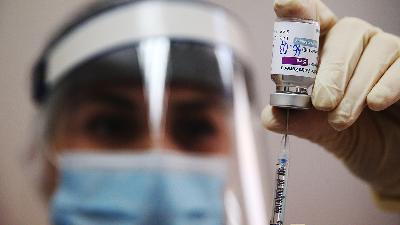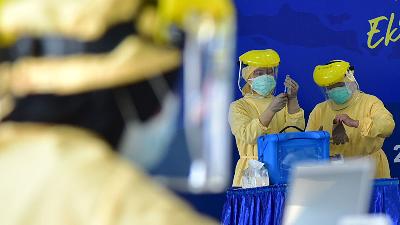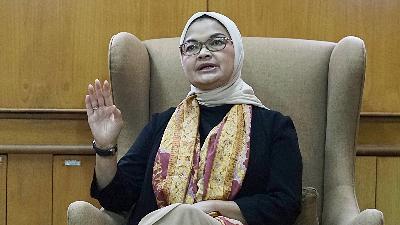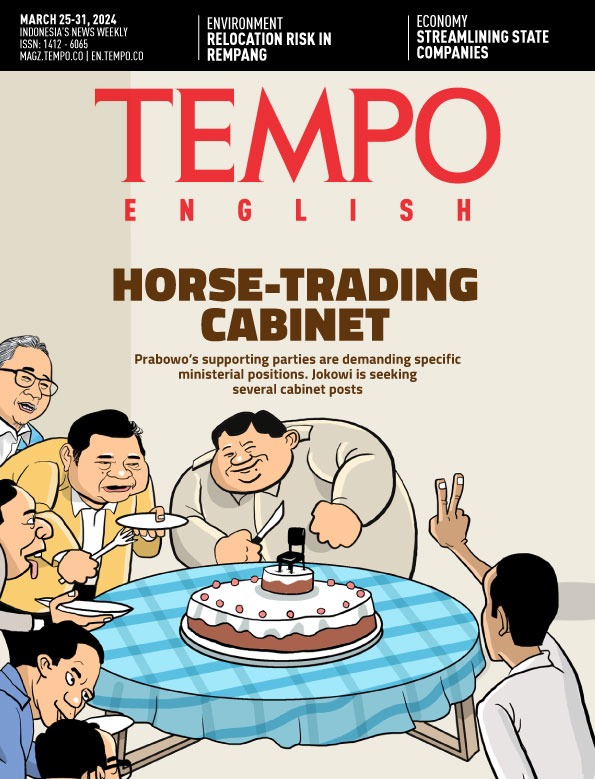Billions in Fisheries Extortion
Monday, March 22, 2021
The KPK seized Rp52.3 billion in cash in relation with the lobster larvae export corruption case at the marine affairs and fisheries ministry. It is suspected that the money is fees extorted from the exporters.
arsip tempo : 171361073988.
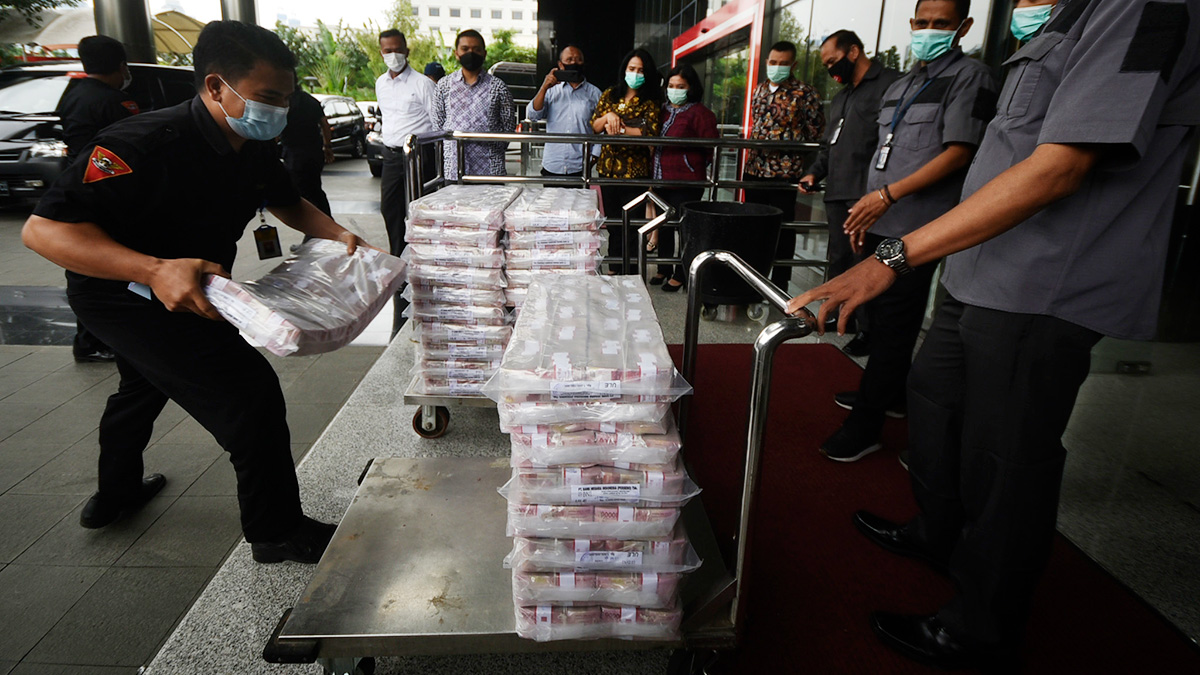
TRANSPARANT plastic bags full of Rp100,000 bills lie in front of the Commission Eradication Commission (KPK) building lobby in Kuningan, South Jakarta, on Monday, March 15. The two piles amount to a total of Rp52.3 billion.
That money was kept at a state-owned bank since June 2020. The KPK seized it almost 10 months later.
KPK spokesperson Ali Fikri said that the cash is related to bribery in the lobster larvae export permits, which has led to
...
Subscribe to continue reading.
We craft news with stories.
 For the benefits of subscribing to Digital Tempo, See More
For the benefits of subscribing to Digital Tempo, See More





